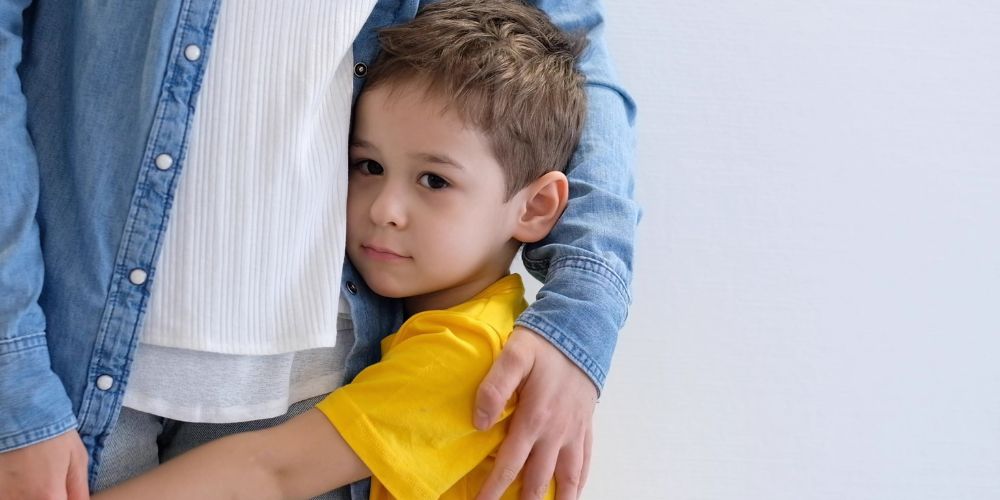How CASA Foster Care Advocates Transform Children’s Lives
Every year, thousands of children enter the foster care system after experiencing abuse or neglect. These children and youth face confusing court hearings and big decisions about where they will live. In the middle of all this, one group steps in to make sure they don’t feel invisible: CASA volunte.
Court Appointed Special Advocates (CASA) are trained community members who stand beside a foster child during their case. They aren’t foster parents, social workers, or attorneys. Instead, they are independent advocates whose only job is to speak up for the best interests of children in foster care. This kind of court appointed volunteer advocacy makes an incredible difference, often giving a child the one stable relationship they can count on through a very uncertain time.
What is CASA Foster Care
CASA stands for Court Appointed Special Advocate. A judge selects and trains these special advocates to help children and youth who have experienced abuse or neglect. The role is simple but powerful: show up, listen, and speak out for what the child needs most.
CASA volunteers get to:
- Visit with the foster child regularly.
- Talk with foster families, teachers, and therapists.
- Learn about the child’s school, health, and home life.
- Write reports for the judge that focus only on the child’s needs.
Because they don’t carry heavy caseloads like child welfare professionals, a CASA can spend more time focusing on just one child or sibling group. This gives them a chance to notice the little details that might otherwise get overlooked—like a child falling behind in school or needing extra mental health support.
Why CASA Reps Matter
Children in foster care often move from one foster family to another. They may have new caseworkers or attorneys as the case goes on. Through all of this, a CASA is usually the one adult who stays the same. That consistency builds trust, and trust builds hope.
READ MORE: CASA/GAL Programs in Foster Care Loses Federal Funding
A foster youth once described their CASA as “the only person who didn’t leave.” That kind of stable relationship can help children feel safe enough to open up about what they want and what they need.
Research shows that kids with CASA support often:
- Spend less time in the foster care system.
- Have better chances of being placed in safe, permanent homes.
- Do better in school and get the services they deserve.Three Core Functions of CASA Volunteers
Consistent Presence:
Casa volunteers provide stability through multiple placements and court proceedings, often serving as the one constant adult presence in a child’s life during foster care. While caseworkers, attorneys, and even foster families may change throughout a case, the casa volunteer typically remains assigned until the case reaches permanency. This consistency helps children develop trust and provides emotional stability during turbulent times. The volunteer becomes someone the child can count on to show up to court hearings, school events, and important appointments.
Problem-Solving:
These volunteers actively help access services, resolve educational issues, and coordinate care across multiple systems. When a foster child struggles academically, the casa volunteer might advocate for tutoring services or special education evaluations. If a child needs specialized medical care, the volunteer ensures appointments are scheduled and attended. Casa volunteers often identify gaps in services and work with professionals to address them. For example, they might help a teenager in foster care apply for college or job training programs, or ensure a child receives trauma-informed therapy.
Advocacy:
Casa volunteers communicate children’s needs and preferences to decision-makers, serving as the child’s voice in complex proceedings. They translate what children express about their wishes regarding placement, contact with siblings, or services into language that courts can understand and act upon. This advocacy extends beyond courtrooms to school meetings, medical appointments, and service planning sessions. The volunteer ensures that the child’s perspective is heard and considered in all decisions affecting their life, while always keeping the child’s best interests as the primary consideration.
CASA Across the Country
CASA programs exist in nearly every state. In fact, there are almost 1,000 programs nationwide with about 79,000 volunteers working to support children. Together, these community members help more than 250,000 children and youth each year.
But the need is still huge. Only about one out of three children in foster care has a CASA. That means many kids are still facing the system without a dedicated advocate by their side.
How You Can Help
Becoming a CASA isn’t about having special degrees or years of training. It’s about showing up with compassion and commitment. Volunteers come from all walks of life. Some are retired teachers, others are college students, and some are former foster parents themselves.
Most CASA programs ask for about 10–15 hours a month. With training and guidance, you’ll learn how to talk with kids, understand their needs, and make recommendations to the court. Most importantly, you’ll be the one stable adult a child can trust during one of the hardest times of their life.
SIGN UP TO BECOME A CASA VOLUNTEER HERE
Every Child Deserves a Voice
No foster child should go through the foster care system feeling unheard. CASA volunteers make sure that doesn’t happen. By stepping up, they give abused and neglected children a chance to be seen, to be heard, and to have someone in their corner fighting for their best interests.
If you’re ready to stand up for children in foster care, consider becoming a CASA volunteer. Because every child deserves a champion—and you can be the one.



